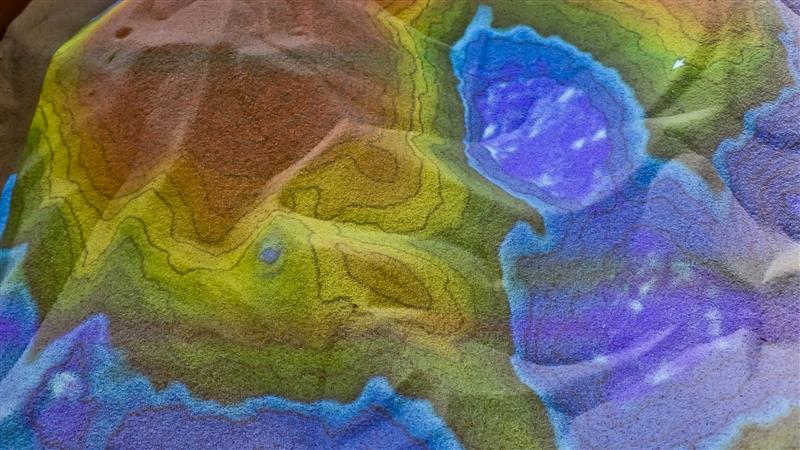
Following Taiwan’s most powerful 2024 earthquake in 25 years, University of Cambridge researchers optimized AI for landslide prediction, locating more than 7,000 landslides within three hours and assisting emergency crews in responding faster in affected areas.
Natural disasters, like earthquakes, have a way of leaving behind confusion and damage that’s hard to assess in a timely fashion. While satellite imagery help, going through it manually is time-consuming, especially when visibility is poor. That’s where AI is stepping in, helping us respond more quickly and smartly.
AI That Sees Through Chaos
Scientists at the University of Cambridge are developing machine learning-driven landslide prediction systems. Their AI software scans satellite images and radar data to automatically identify landslides even when clouds or darkness would obscure damage otherwise.
“In the aftermath of a disaster, time really matters,” said research associate in Cambridge’s earth sciences and geography departments, Lorenzo Nava.
It belongs to the CoMHaz group of technologies, which studies interlinked disasters. The AI predictions generator spotted more than 7,000 landslides within three hours of being fed images of the April 2024 earthquake near Hualien, Taiwan, a huge improvement over manual method.
While the AI’s speed is impressive, the researchers are also focused on trust. Their model explains its results, making it easier for decision-makers to rely on them in critical moments. Exactly what’s needed when asking, are landslides predictable?
AI Planning for a Risky Future
As climate catastrophes intensify, technologies such as these are becoming a necessity. Whether it’s heatwaves and floods or landslides, AI-driven predictive analytics are ushering in a new age where responders can respond earlier and save more lives.
Cambridge researchers are already working with Nepalese collaborators to pilot an early warning system in Butwal, a town vulnerable to dangerous slope failures. Their goal? To find out just how well is AI to predict natural disasters and can it work in the real world?
The team is also working with the European Space Agency and the World Meteorological Organisation to roll out and refine their system. That includes fine-tuning their landslide prediction dataset, which makes the AI more intelligent and transparent with each incident.
These systems can eventually serve as a trustworthy landslide prediction generator, furnishing instantaneous insights during emergencies. And in the long term, they can be the solution to the question: can we predict landslides?
If AI helps cities predict natural disasters, researchers want to give communities better tools to prepare and respond. In this world, tools like these could become as vital as the rescue teams themselves because landslide prediction can be the difference between chaos and control.
Inside Telecom provides you with an extensive list of content covering all aspects of the tech industry. Keep an eye on our Intelligent Tech sections to stay informed and up-to-date with our daily articles.